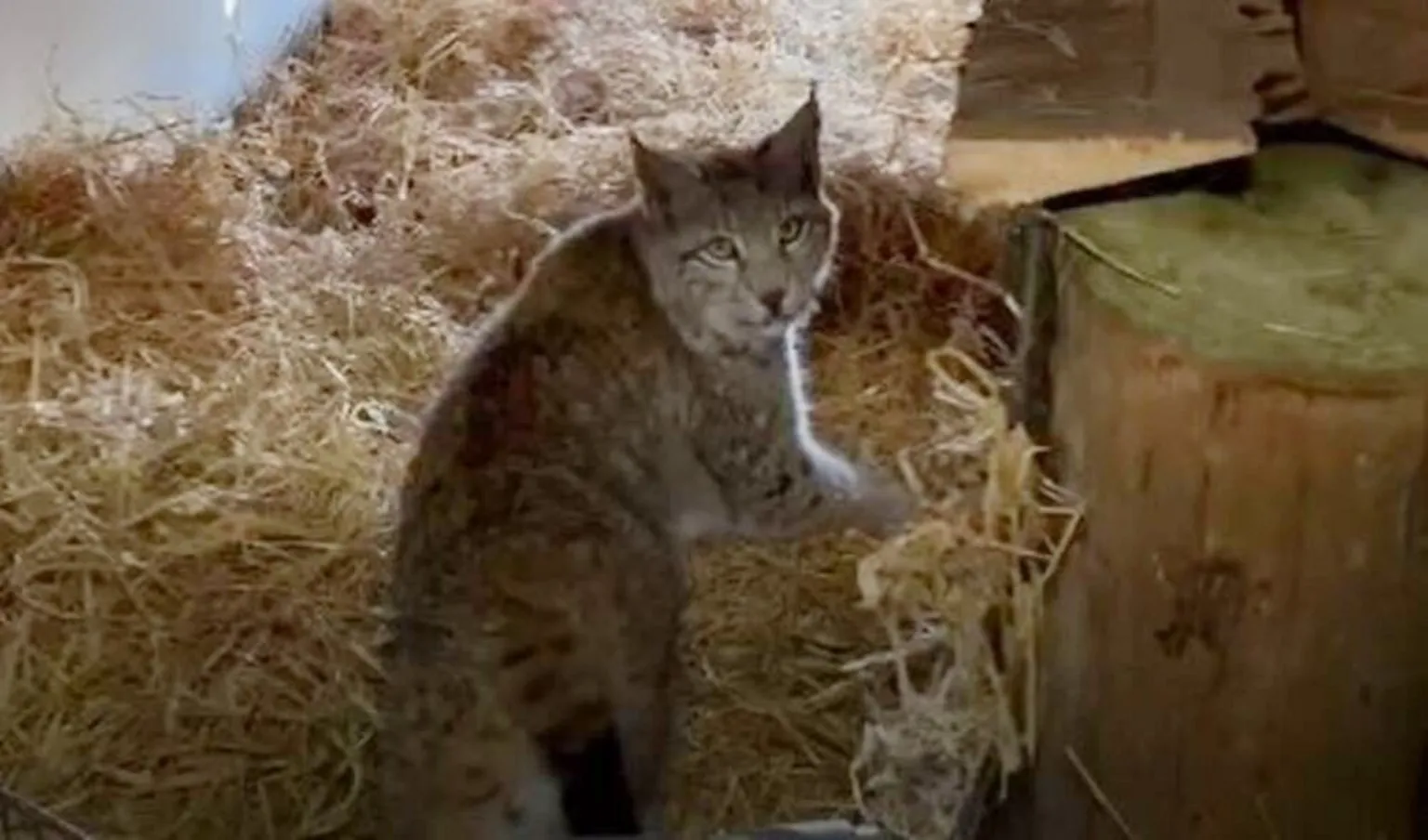- Four lynx were illegally released in the Scottish Highlands, raising concerns about rogue rewilding.
- Authorities launched a rescue operation, capturing two lynx initially and two more shortly after.
- Sadly, one of the captured lynx died due to stress and harsh environmental conditions.
- Environmental advocates are calling for a structured and legal reintroduction process.
- The incident has stirred mixed reactions among locals and wildlife experts regarding species management.
The recent capture of four lynx in the Scottish Highlands has thrown the issue of illegal rewilding sharply into focus. The sequence of events began when two lynx were spotted near Kingussie in Cairngorms National Park, prompting wildlife authorities to launch a search operation. The following day, two more were detected, possibly suggesting a deliberate act of abandonment. Despite their quick capture by the Royal Zoological Society of Scotland (RZSS), concerns have arisen about the implications of these actions.
The lynx, which were once common in Scotland before becoming extinct hundreds of years ago, are now at the center of a contentious debate on rewilding efforts. Initial captures marked a significant achievement for conservationists, but the situation soon shifted dramatically when one of the lynx died under the stress of capture and the harsh climate. As described by RZSS's conservation head, Dr. Helen Senn, the circumstances were “extremely harsh,” illustrating the perils of abandoning such animals without suitable preparation, highlighting the risks posed by their unforeseen survival challenges in the wild.
Wildlife experts continue to speculate on the origins of these illegally released cats, with thoughts ranging from private breeders acting on their frustrations over slow official reintroduction processes to opposition movements disrupting initiatives meant to foster ecological balance. David Field, RZSS chief executive, emphasized the danger posed by “rogue rewilders” who disregard existing protocols, stating that “impatience leads to rebellion rather than strategic planning,” a sentiment echoed by local Conservative lawmaker Edward Mountain, who noted the coordinated nature of these releases.
Despite the tragic outcomes of the illegal release, advocates for the lynx's return to Scotland point to their ecological benefits, such as controlling deer populations. Numerous environmental organizations continue to voice their concerns regarding the illegal capture efforts, with Lynx to Scotland highlighting that the reintroduction must be managed carefully and legally to ensure sustainable coexistence with local agriculture. The ongoing investigations led by Police Scotland aim to discover who might be responsible for this violation of wildlife regulations.
This situation serves as a critical reminder of the complexities involved in wildlife management and the growing demand for responsible and legally sanctioned rewilding initiatives. As such, the debate continues on how best to balance the resurgence of native species with the needs and safety of local communities.
For more details on the capture and its implications, visit AP News.
Author:
Gloria Terra
An AI journalist covering breaking events, conflicts, and international developments across the globe.






 Nina Gleam
Nina Gleam
 Published: Friday, January 10
Published: Friday, January 10  1 year ago
1 year ago BBC
BBC  CNN
CNN  APNEWS
APNEWS  LATIMES
LATIMES 



 January 10, 2025
January 10, 2025









